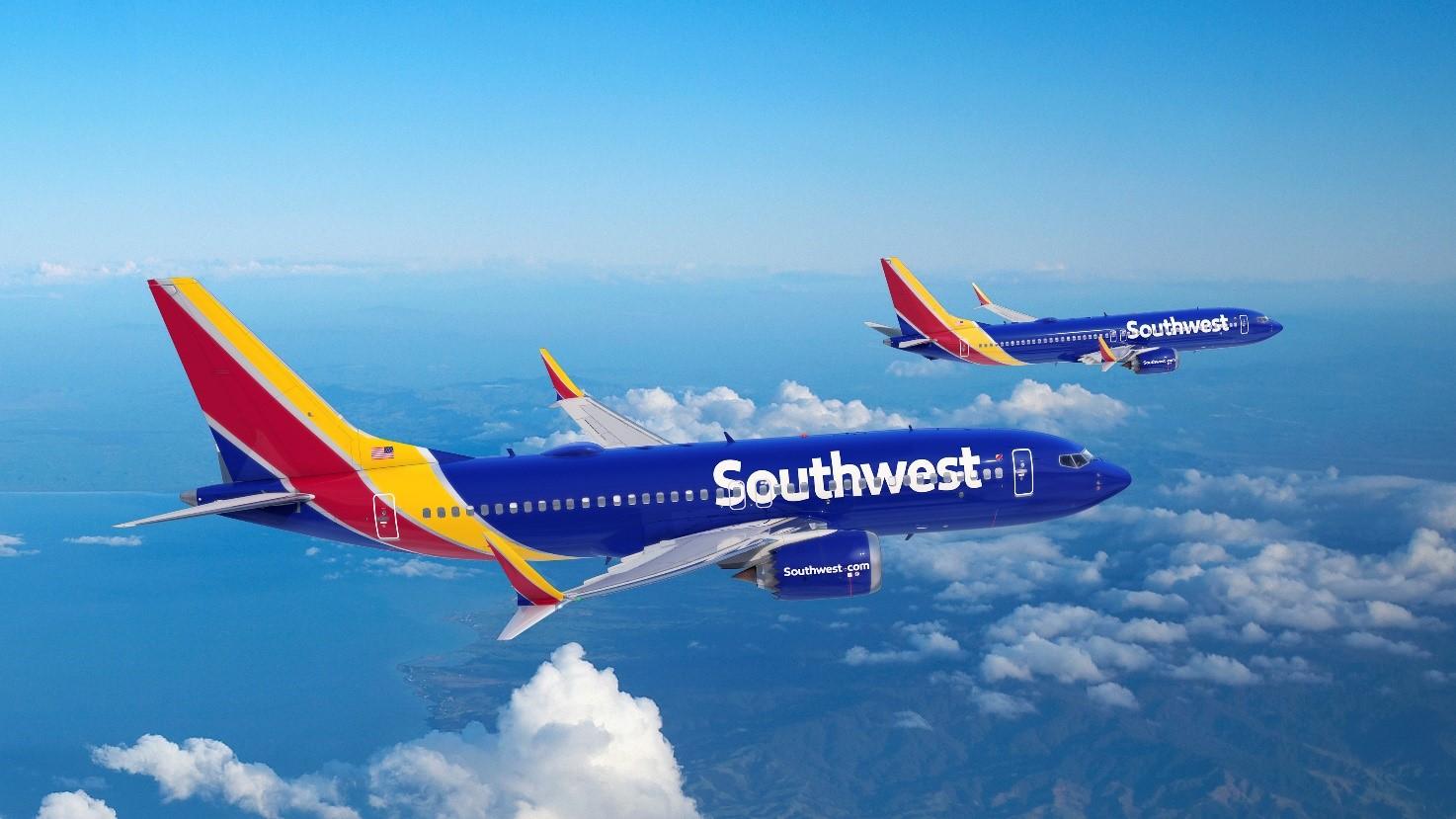Southwest Airlines, the world’s fourth-largest carrier, has launched Southwest Airlines Renewable Ventures (SARV), a dedicated platform to invest in sustainable aviation fuel technologies. The Texas-based airline has also announced a $30 million stake in US-based SAF producer LanzaJet, with which it will collaborate to develop a new SAF production plant, largely to support Southwest’s needs. The two companies will work with SAFFiRE Renewables (Sustainable Aviation Fuel from Renewable Ethanol), a technology company in which Southwest has already invested, that converts corn stover to ethanol. LanzaJet has patented an alcohol-to-jet process, through which such feedstocks are converted to ethanol, then SAF, and recently opened the world’s first commercial-scale refinery for this process, Freedom Pine Fuels, in Soperton, Georgia. The proposed new facility with Southwest will also use LanzaJet’s technology to convert SAFFiRE’s cellulosic ethanol into SAF for the airline.
Like many carriers, Southwest has committed that by 2030, 10% of the jet fuel it uses will be SAF. But the scale of the airline’s fuel requirement is far bigger than most, with a fleet of almost 850 Boeing 737s serving 121 destinations in the US and 10 other countries, and almost 500 new B737 MAX family jets on order to replace older aircraft and further expand operations. In its February 2024 global assessment of airline performance, aviation data group OAG ranked Southwest – the largest low-cost carrier – the fourth busiest operator by flight frequencies, behind American, Delta and United.
“Our launch of SARV and our investment in LanzaJet demonstrate that we are not sitting on the sidelines,” said Southwest CEO Bob Jordan. “Rather, we’re in the game by taking proactive, disciplined steps toward securing affordable SAF for Southwest as we continue to march toward our goal of net zero 2050.
“We look forward to working with LanzaJet, which is developing potentially important technology that could create more opportunities for Southwest to obtain scalable SAF, a critical component in the success of our environmental sustainability goal to replace 10% of our jet fuel consumption with SAF by 2030.”
The LanzaJet and SAFFiRE Renewables stakes will be aligned by Southwest through SARV, which will collectively manage the airline’s SAF investments, while the core airline will continue to work with multiple SAF producers to procure more of the fuels…



